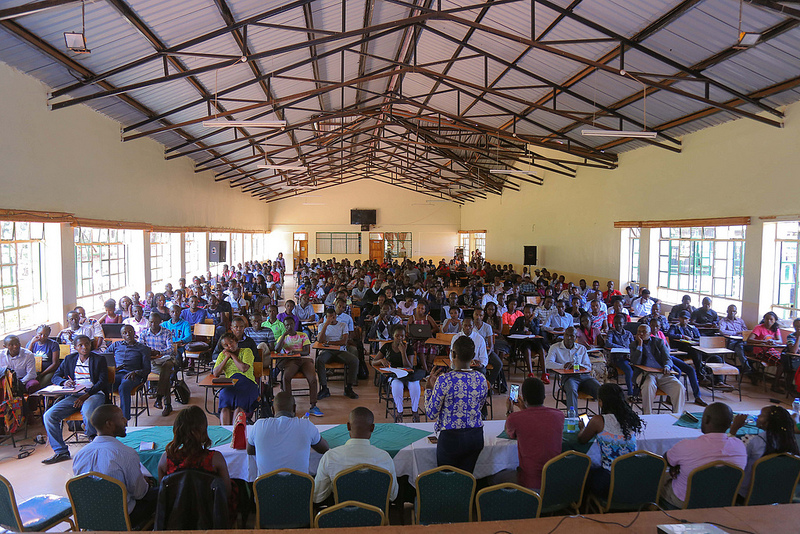advertisement
Safaricom achieves global first with 400G network link
Safaricom recently announced the deployment of a 400G network link, making its network among the first in the world to commercially…

Safaricom recently announced the deployment of a 400G network link, making its network among the first in the world to commercially deploy the solution.
The new 400G link will enable Safaricom to support increasing video consumption alongside demand for higher video quality from both its home and mobile customers. Safaricom can also better support the emergence of smart homes which sees appliances connected to the internet to provide users with the ability to continually monitor and control them both at home and remotely.
“The 400G solution will support the continued growth of our network which is being driven by an explosion in internet usage. Mobile data usage on our network has been doubling year-on-year while our fibre network now reaches more than 220,000 homes and 17,000 businesses across more than ten towns. It was therefore prudent to invest in the latest network technology to ensure that we can support the demand from our customers for years to come,” said Thibaud Rerolle, Chief Technology Officer, Safaricom.
advertisement
Supported by Huawei, the high capacity link will quadruple the company’s capacity to carry internet traffic over 500 kilometres. The link will achieve a speed of up to 400 Gigabits per second, an upgrade from the previous connection which offered speeds of 100 Gbps.
Safaricom and Huawei announced deployment of the solution at the ongoing Mobile World Congress (MWC) in Barcelona, Spain. MWC Barcelona is the largest mobile event in the world, bringing together the latest innovations and leading-edge technology from more than 2,400 firms.
In the two years to September 2018, Safaricom experienced a four-fold growth in average data usage per customer which went from 160 Megabytes per customer per month to 640 Megabytes per customer per month.
advertisement
Safaricom also saw its 4G coverage grow to more than 2,600 sites providing coverage to more than 53 per cent of the country’s population while its 3G coverage now offers high-speed broadband to more than 91 per cent of the population.
To accommodate its growing network coverage, Safaricom has also laid more than 5,500 kilometres of fibre linking its masts in more than 16 major towns.
The 400G standard was approved in December 2017 by the Institute of Electrical and Electronics Engineers, paving the way for network equipment suppliers and operators to begin deploying equipment that officially conforms to the standard.
advertisement